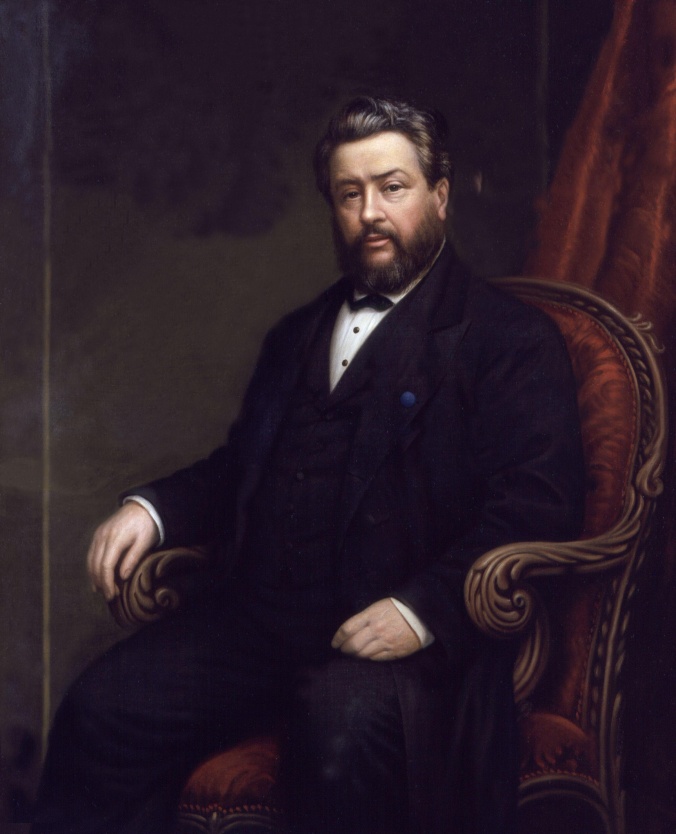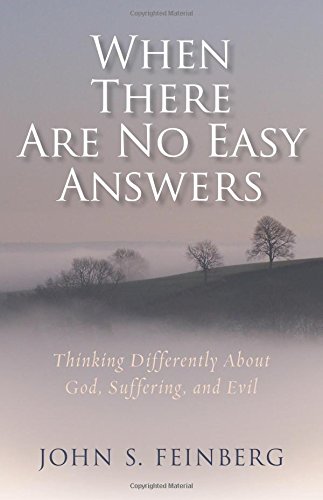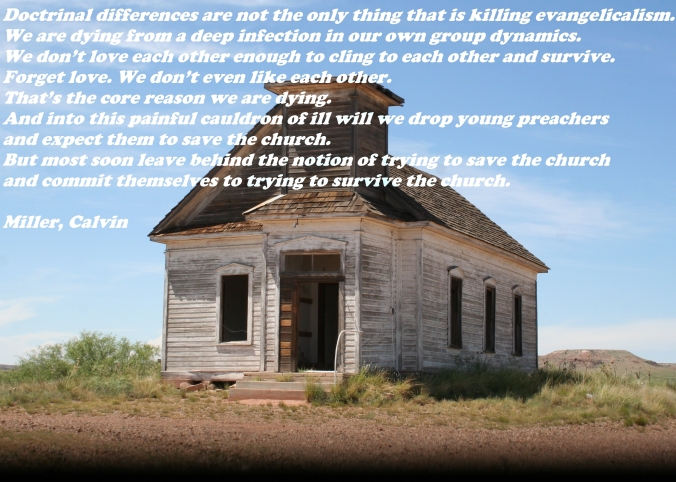
In The Soul Winner, Spurgeon recounts a particular incident when his emotional suffering was used to bring about the conversion of a man who was in the midst of suicidal despondency. Spurgeon states the circumstances surrounding the message as follows:
Some years ago, I was the subject of fearful depression of spirit. Certain troublous events had happened to me; I was also unwell, and my heart sank within me. Out of the depths I was forced to cry unto the Lord. Just before I went away to Mentone for rest, I suffered greatly in body, but far more in spirit, or my spirit was overwhelmed. Under this pressure, I preached a sermon from the words, “My God, My God, why hast Thou forsaken me?” I was as much qualified to preach from that text as ever I expect to be; indeed, I hope that few of my brethren could have entered so deeply into those heart-breaking words.1
It was a combination of spiritual and physical suffering that in Spurgeon’s understanding enabled him to preach his text. His preaching of the text did not prove to be successful because of his study, it proved to be successful in reaching the despondent man because Spurgeon had lived in the shadow of the text which he was preaching. Spurgeon knew personally the soul anguish of feeling forsaken of God and he knew the cure for the despondency as well. After making clear that he would not have been able to reach out to the man in question had he not suffered in such a way as to enable him to preach his text from personal experience, Spurgeon exhorts those who would win souls to see the importance of suffering in soul winning. Spurgeon begins by putting forward the premise that one would undergo a painful procedure to save lives, so it is with soul winning. Spurgeon says,:
Reckon, then, that to acquire soul-winning power you will have to go through fire and water, through doubt and despair, through mental torment and soul distress. It will not, of course, be the same with you all, nor perhaps with any two of you, but according to the work allotted you, will be your preparation. You must go into the fire if you are to pull others out of it, and you will have to dive into the floods if you are to draw others out of the water. You cannot work a fire-escape without feeling the scorch of the conflagration, nor man a lifeboat without being covered with the waves.2
One cannot get past this reality, that in order to reach sinners in a world of suffering with the gospel of a glorious and gracious Savior, one must walk through suffering and suffer likewise. We cannot be good to our people who suffer unless we know what it is to suffer. It does souls good to hear the promises of God and the gospel from the lips of one who has suffered and been encouraged and comforted by them. The choice before the minister is either to suffer in order that one might bring the gospel comfort to the afflicted, or to avoid suffering and being almost entirely useless to those you would do good.
1 Charles Spurgeon, The Soul Winner, (Grand Rapids, MI: Eerdmans Publishing, 1963), 185-186.
2Ibid., 187-188.




